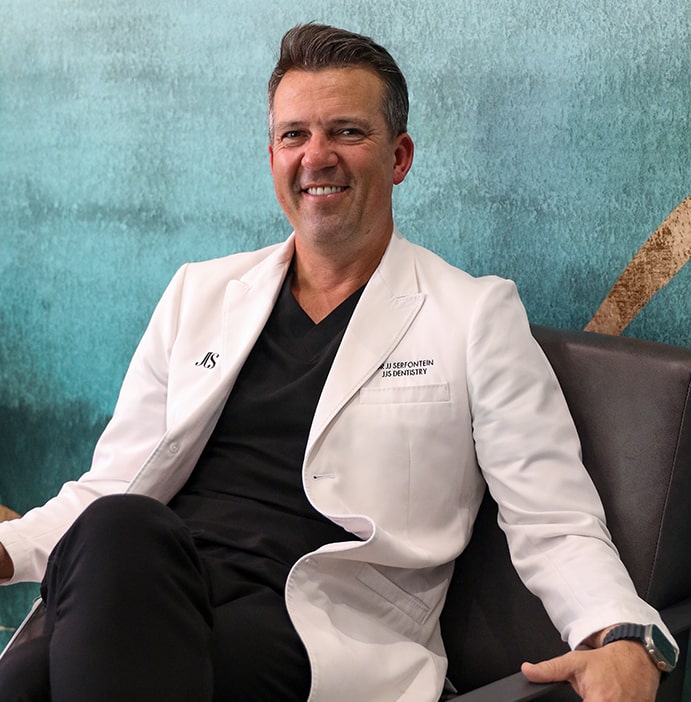





Leave a message
From a medical perspective, the biggest problem with snoring is it is very often a sign of a more serious problem, Obstructive sleep apnea. However the presence of snoring does not necessarily always indicate that someone has sleep apnea.Medical studies have connected apnea with major health problems such as Diabetes,Anxiety and Depression, Heart disease and Stroke.
If you have been told that you snore or you have noticed a loved one snoring often, it is bestto get evaluated for sleep apnea. At JJS Dentistry we believe in being proactive in early identification and treatment of conditions that affect your health and quality of life.
Obstructive Sleep Apnea (OSA) is a common condition where you have pauses in your breathing (apnea) or very shallow breathing(hypopnea) while you are asleep. A person with sleep apnea may stop breathing for about 20-30 seconds at a time and the event may occur multiple times each hour which makes it difficult for your body to receive the oxygen needed for optimal functioning. When normal breathing restarts it occurs with a gasping, snorting or choking sound. The result is light sleep and a general poor quality sleep.
The result of the lowered oxygen levels are low energy levels and increased day time sleepiness. Most people are completely unaware that they suffer from this condition and often medical treatment is only sought out after the sufferers sleeping partner can no longer bare the snoring or is concerned after witnessing their partner stopping breathing while asleep.
When you fall asleep, your muscles relax which narrows the throat. In normal individuals, air flow is not blocked, but if you have sleep apnea, the breathing passage becomes partially or fully obstructed. The collapsing tissues closes the airway causing a snoring/choking sound. This is a sign that the body is trying to move the tongue/ open the airway in order to breathe and get enough oxygen to your lungs and in turn to the rest of the body.
The features listed above are often genetically determined and hence it is common for sleep apnea to be noted in families.
Central Sleep Apnea is a condition where the brain is responsible for the sleep apnea. By not sending signals to the muscles in charge of breathing, your body fails to respond as it should. This is not something that can be treated by a dentist, but instead you should see a specialist. Some people suffer from Mixed Apnea which is where there are signs of both Obstructive Sleep Apnea and Central Apnea.
Get in touch today
Dr. Serfontein is a member of the following organisations:
Serves on the executive committee of SAAAD (South African Academy of Aesthetic Dentistry)
Certified member of DSD (Digital Smile Design)
Member of ESCD (European Society of Cosmetic Dentistry)
Member of HPCSA (Health Professions Council of South Africa)
Member of SADA (South African Dental Association)
Member of ITI (International Team of Implantology)